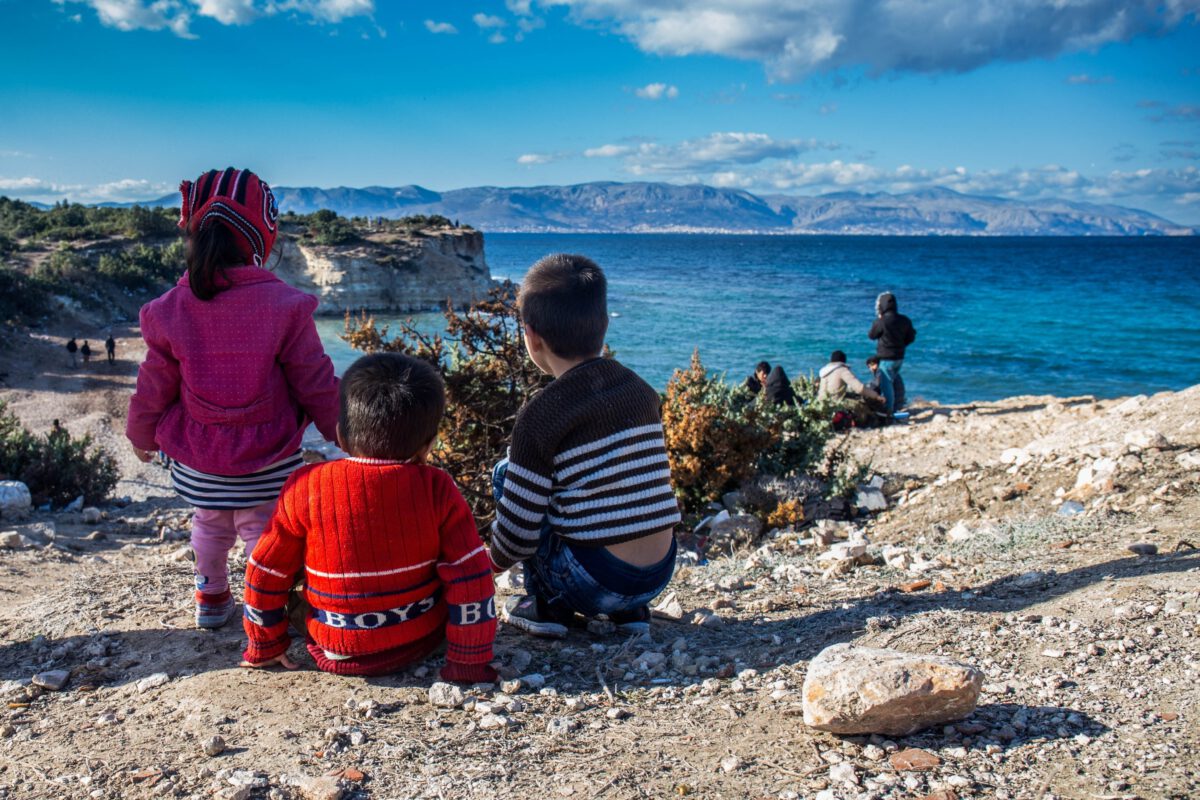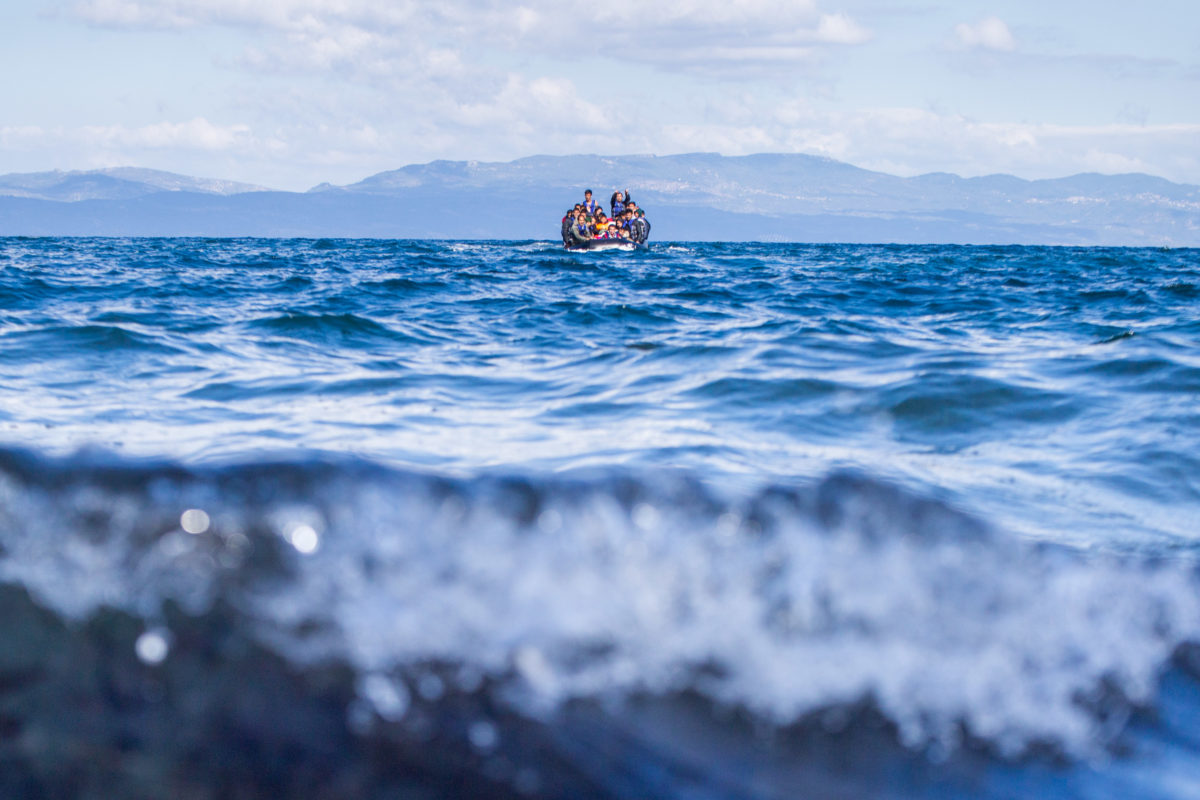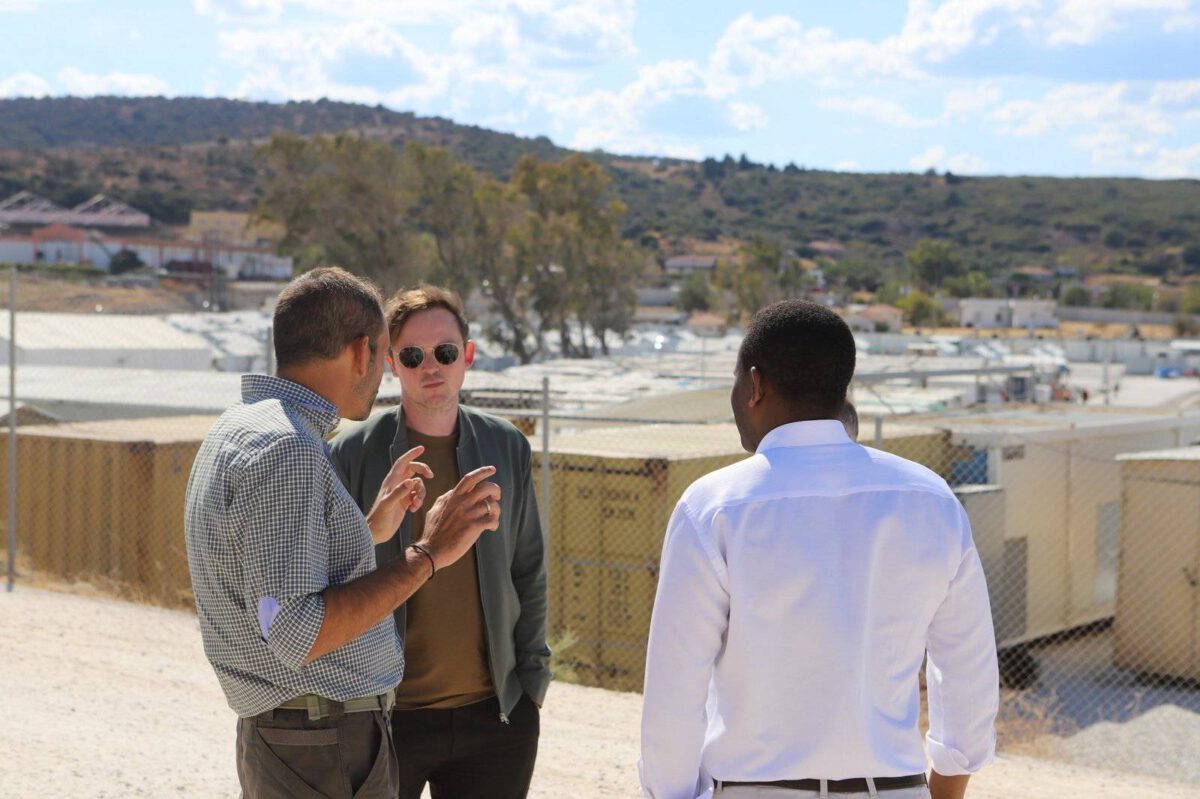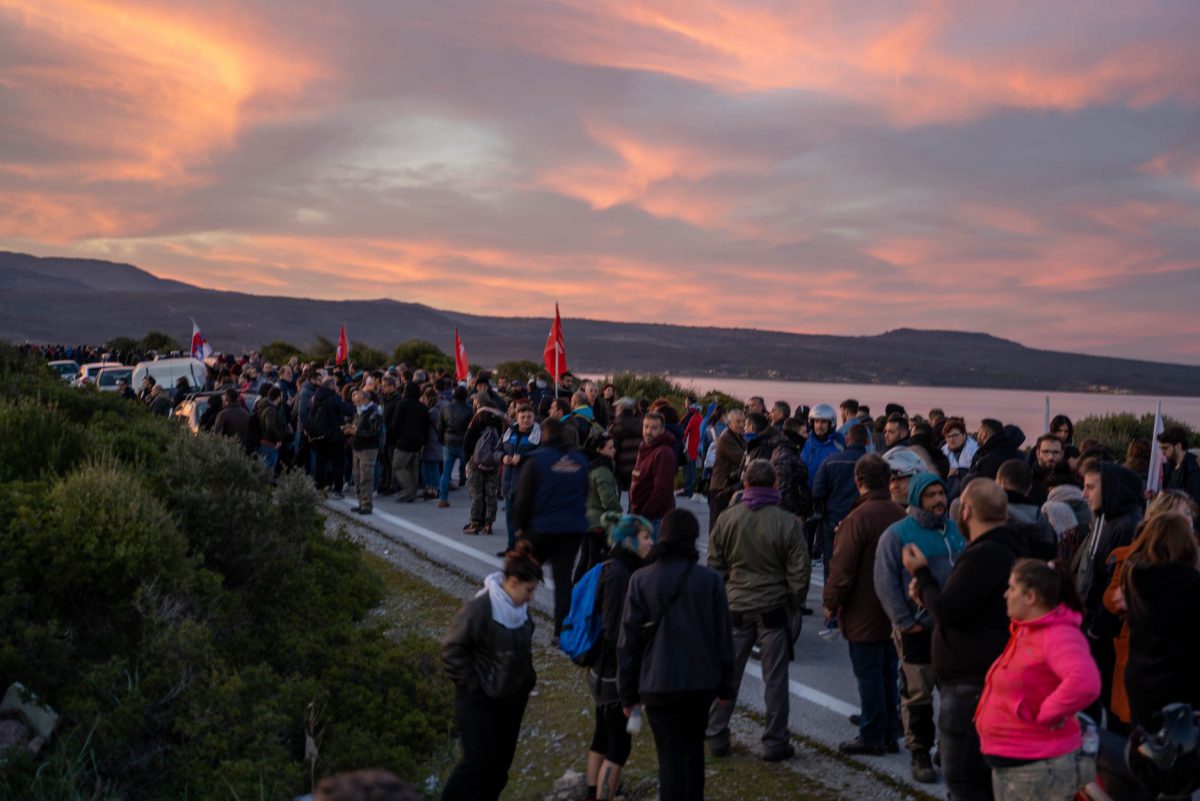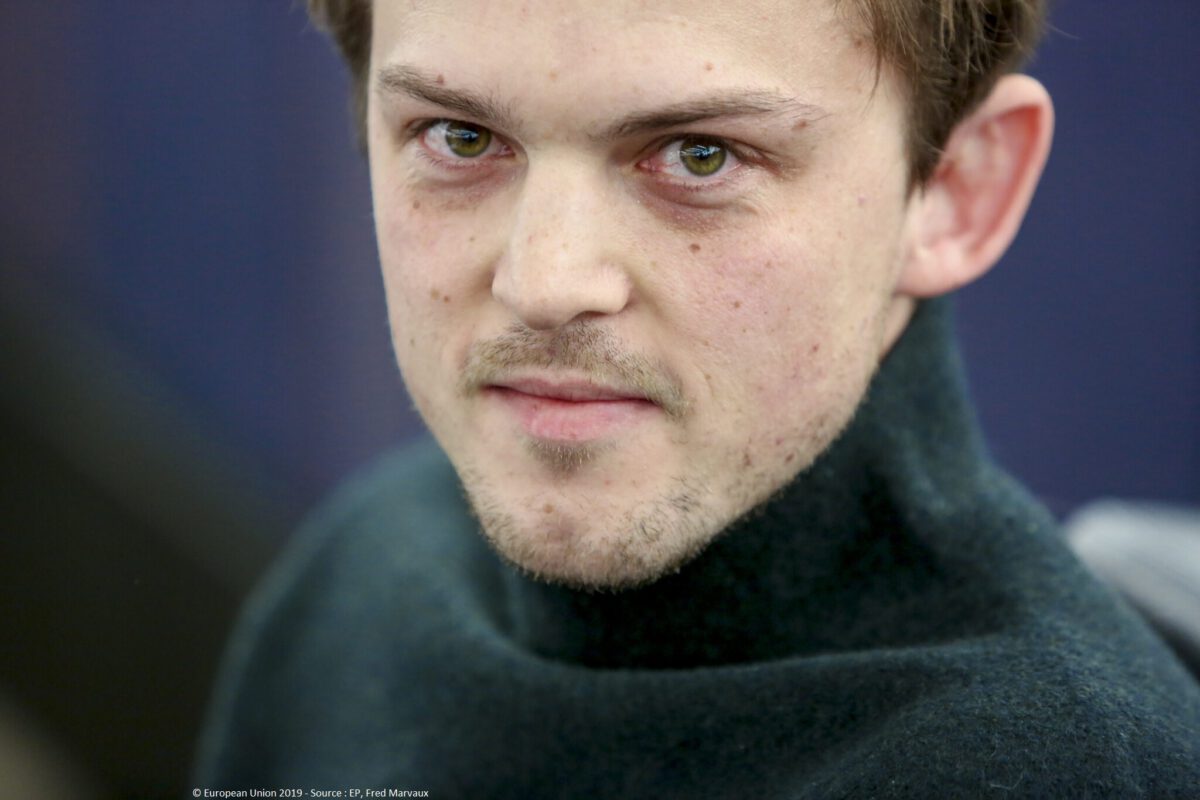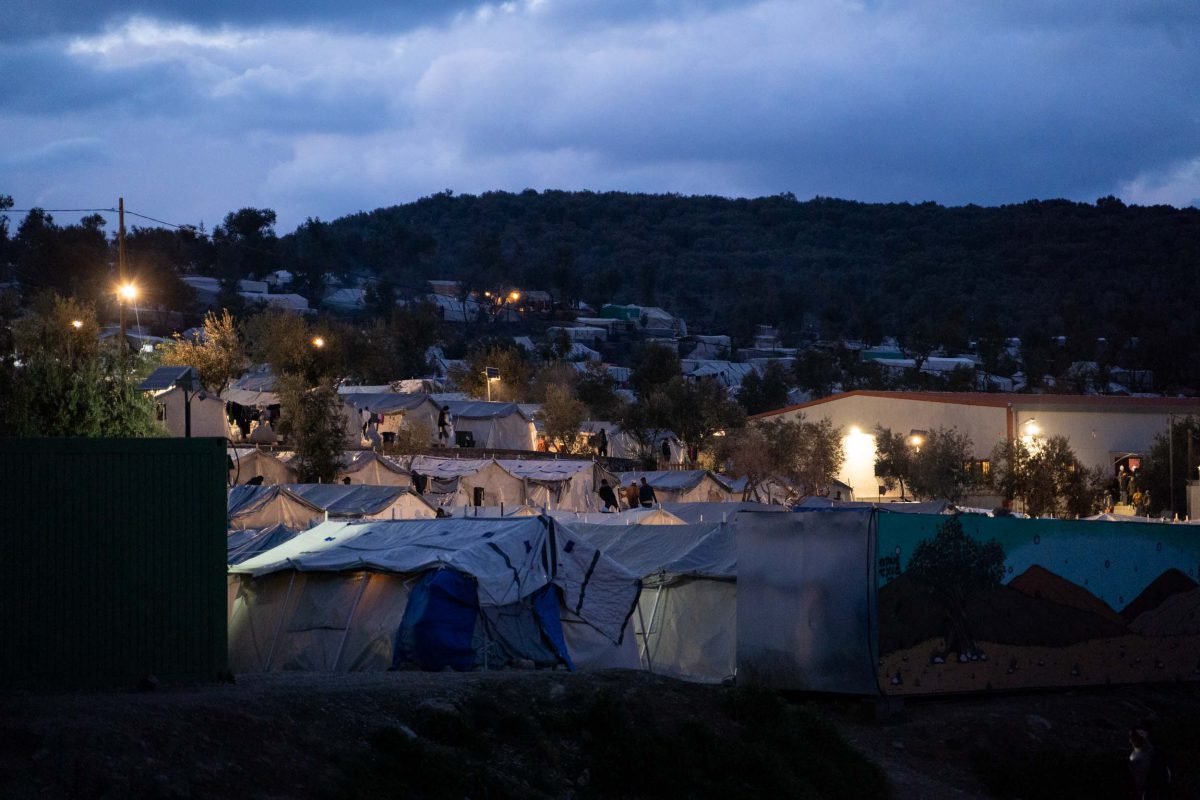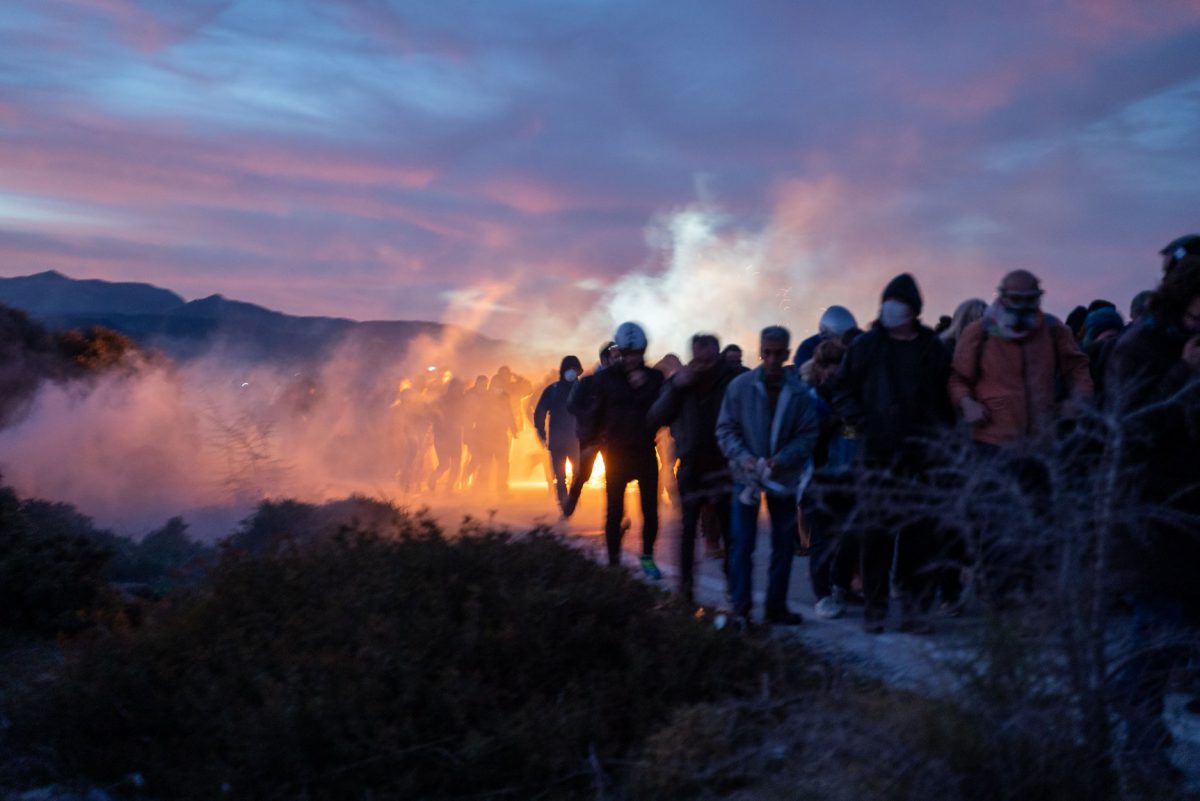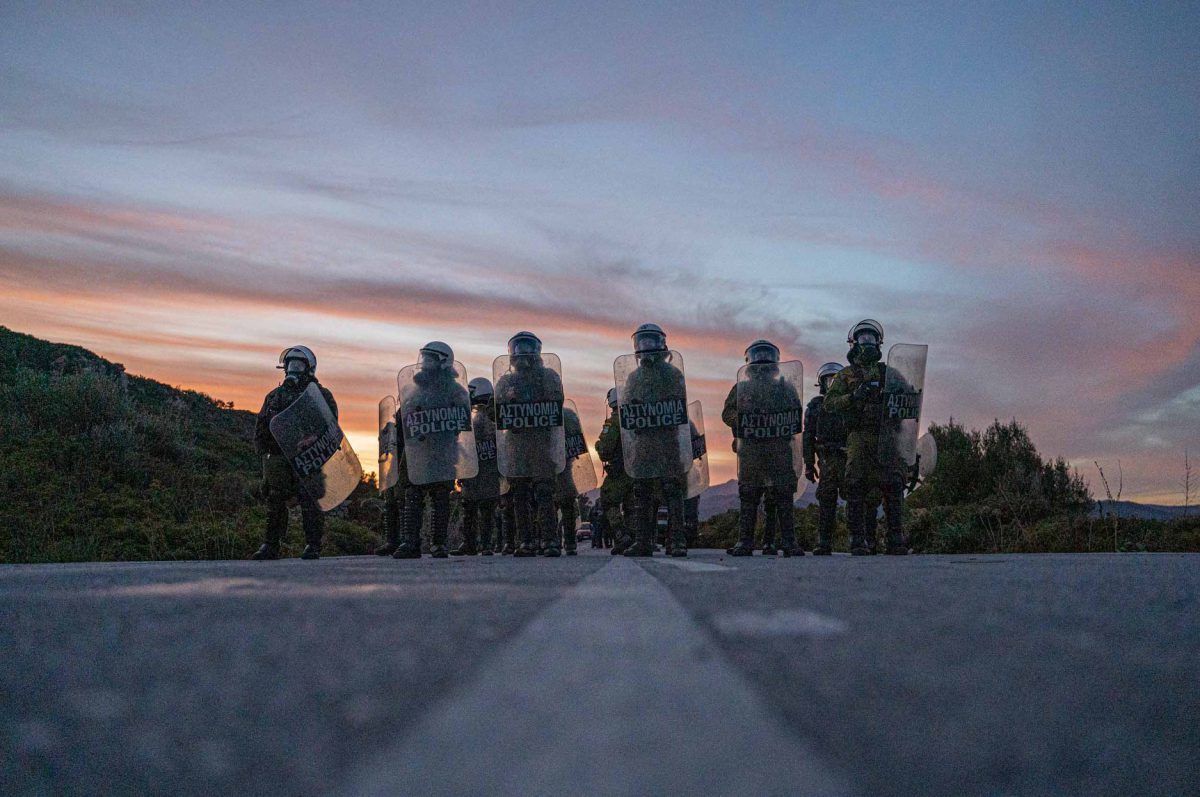Parliament condemns attacks on press freedom and rule of law in Greece
Today (Wednesday, February 7), we Members of the European Parliament voted for A resolution on the rule of law and media freedom in Greece. The Christian Democrats, together with the extreme right, had tried to prevent the vote and clear demands on the rule of law and media freedom. You can find the exact voting behavior here. In Greece, cases of spying on and harassment of journalists, opposition politicians and civil servants as well as attempts to intimidate independent media through targeted strategic lawsuits are on the rise. Last year, the Christian Democrat Prime Minister Kyriakos Mitsotakis and members of the Greek government refused to meet an official delegation from the European Parliament.
Bottom of the league in press freedom
All governments, even conservative ones, must abide by the law and human rights. In Greece, attacks on democracy, fundamental rights and media freedom are part of everyday life. In the Press freedom ranking by Reporters Without Borders Greece is ranked 107th in the EU and is even worse than Qatar. The criminalization and intimidation of people seeking protection, of people who offer help to refugees and of journalists who report on refugees is shameful and must come to an end.
The Greek government's unwillingness to investigate the Pylos shipwreck, which claimed over 600 lives, is indicative of a policy that the EU must condemn. The Greek government must not be allowed to get away with blatant breaches of the law because it is covered up by its conservative party colleagues. It is important that the European Parliament has taken a clear position today, even if the conservative and right-wing groups have tried to further obscure the reality in Greece with their motions.
What does the resolution say?
The European Parliament's resolution expresses serious concerns about press freedom in Greece. It highlights the threats of physical attacks, verbal attacks, including those on high-ranking politicians and ministers, the invasion of their privacy through spyware and strategic lawsuits (SLAPPs). The Greek government is urged to take all necessary steps to bring the perpetrators to justice and restore a safe environment for all journalists.
Systematic pushbacks
Regarding the systematic pushbacks and the treatment of refugees and asylum seekers, the European Parliament expresses its grave concern. It highlights the lack of progress in the investigation into the shipwreck of June 14, 2023, in which a fishing boat sank in the Ionian Sea off the coast of Pylos, killing more than 600 people on board. The resolution condemns systematic pushbacks and violence against people seeking protection, their arbitrary detention and the theft of their belongings. It expresses criticism of the conditions in the reception centers, particularly in relation to the protection of individuals from crime and access to basic sanitation.
Commission to enforce the law
Parliament calls on the Commission to assess compliance with EU law on border control and EU funding and condemns the Commission's dramatic failure to enforce EU laws on reception conditions, pushbacks and human rights. Instead of praising Greece, the EU Commission should initiate infringement proceedings. We call on the European Commission to use all means at its disposal to uphold European values and the rule of law.
Background
Study commissioned by me: "A lawless space – the systematic criminalization of refugees for driving a boat or car to Greece"
The plenary debate "Rule of law and media freedom in Greece" with a speech from me already took place in the plenary session in January and can be followed here.
